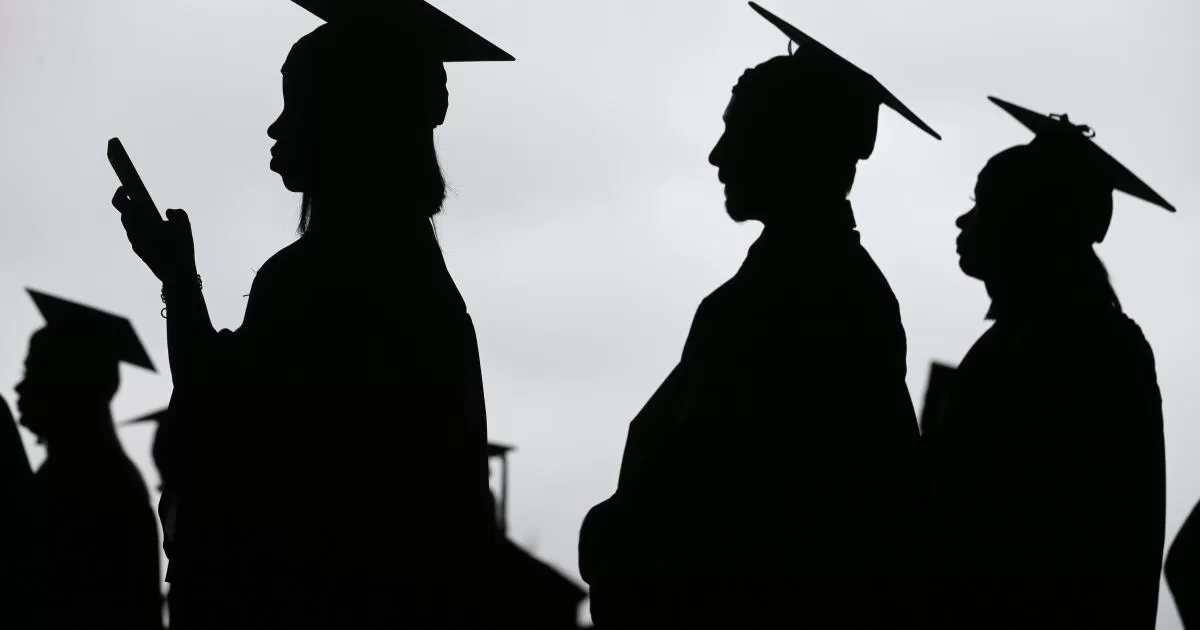A new program created by California’s consumer protection agency aims to provide free, personalized help for Golden State borrowers struggling to navigate the complex, byzantine student loan system.
The Student Loan Empowerment Network is designed to provide financial coaching and assistance for borrowers, including help securing income-based repayment plans and federal student loan forgiveness for those working in public service jobs.
“The student loan system is fraught with systemic issues that make it practically difficult, if not impossible, for people to get the rights and benefits they’re supposed to be entitled to under the law,” said Suzanne Martindale, the senior deputy commissioner for consumer financial protection at the California Department of Financial Protection and Innovation.
Martindale said in many cases, borrowers might be eligible for some form of loan relief, but don’t know how to access it because “the information hasn’t been clear, because the goalposts keep changing, because the loan servicers can’t seem to give you an accurate answer.”
“People need somewhere to go to get accurate, fair information, working with someone who cares about their best financial interests,” Martindale said.
Borrowers who want help from the program can fill out an intake form at studentloanhelp.dfpi.ca.gov or call (888) 774-2227.
Borrowers will be connected with a financial counseling agency or legal aid agency. In Los Angeles, those include Public Counsel, the Legal Aid Foundation of Los Angeles and the Koreatown Youth & Community Center.
The program will offer a mix of webinars and financial coaching sessions. Some borrowers with “very complex legal issues” may require one-on-one help, including those who have older private loans from defunct issuers, or have been in default on their loans, Martindale said.
Gov. Gavin Newsom’s 2022-2023 budget set aside $7.25 million for the student loan assistance and education program and $2.25 million for a statewide marketing campaign.
The organizations working on the loan program will be required to track the number of people who switch to income-based payment plans, document their employment for public service loan forgiveness and have their loans discharged, Martindale said.
Helping Californians reduce their loan burdens using publicly available programs can have a major economic benefit for the state, she said. She said she hopes the program becomes a permanent fixture in the state, although the looming shortfall makes that less certain.
After the pandemic-era freeze on student debt expired last year, about 40% of borrowers with federal student loans missed their first monthly payment last fall, according to federal data.
Borrowers who are delinquent on their federal loans won’t be reported to credit bureaus until Sept. 30 of this year, but in the meantime, interest continues to accrue.
